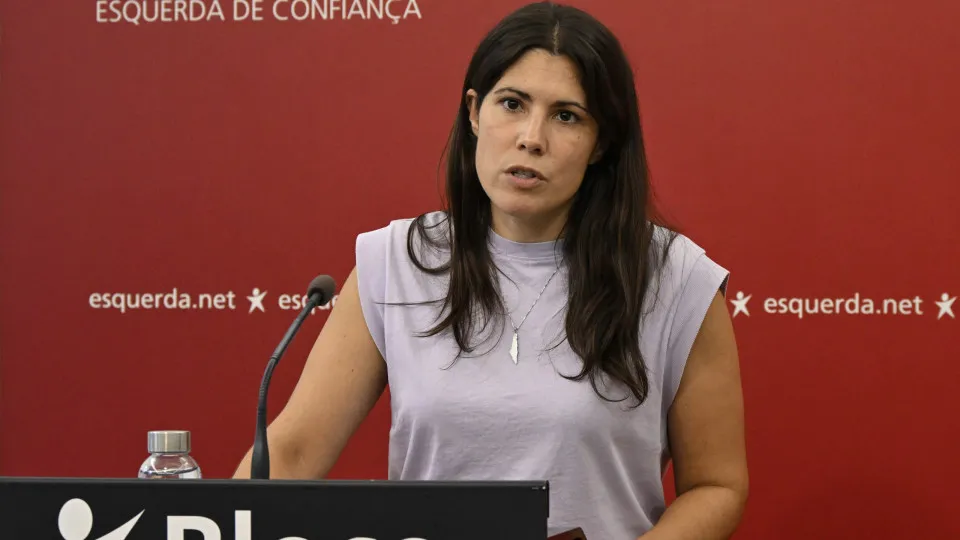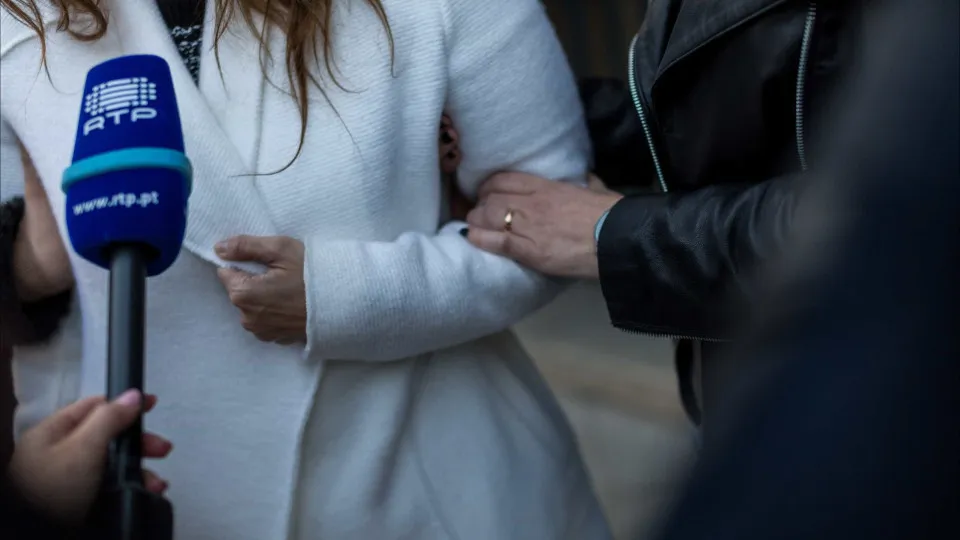
The sole deputy of the BE, Mariana Mortágua, addressed a question to the ministries of the Presidency and Education, Science, and Innovation, stating that her party received “a complaint from a group of students relocated to Portugal under the temporary protection regime established after the beginning of the war in Ukraine”.
According to the deputy, these students “are being surprised with notifications that, in some cases, require them to leave the country within 20 days, and, in other cases, to pay tuition fees as international students by the end of the current month, which can amount to seven thousand euros per year, or they must cancel their respective enrollments”.
The Bloc’s representative argues that these students “are legally in Portugal,” with authorizations issued by the Foreigners and Borders Service (SEF) and the Agency for Integration, Migration and Asylum (AIMA), and are attending public universities, namely the University of Coimbra, as students in a humanitarian situation.
According to the text, AIMA’s notifications demand that these students prove they were living in Ukraine legally and permanently when the conflict in that country began, a requirement that Mariana Mortágua notes “was already necessary at the time of granting the protection”.
“The State, by granting the protection, considered that this requirement had already been met. There is no justification for reopening these processes when the right has already been guaranteed, and there is a legitimate expectation for these students to remain in the country under this regime,” she criticizes.
The BE wants to know the reasons justifying these AIMA notifications, “why these cancellations are being applied collectively without an individual assessment of the integration, academic progress, and personal situation of each student,” and what changes occurred in the relevant legal regime.
Mariana Mortágua also seeks to know if the government intends to reverse these decisions and if it is aware that the University of Coimbra “is demanding international student fees from students who are still under temporary protection”.
On Tuesday, in a written response sent to Lusa, the University of Coimbra stated that “of the students enrolled this academic year, 37 have been informed that they no longer hold the temporary protection status,” without disclosing the nationality of the students affected by AIMA’s decision.
On Sunday, the newspaper Público reported that the state intended to cancel the status of a group of relocated students, noting the case of three students from the Faculty of Medicine of the University of Lisbon, who are natives of Nigeria and were studying in Ukraine when the war broke out in that Eastern European country.




